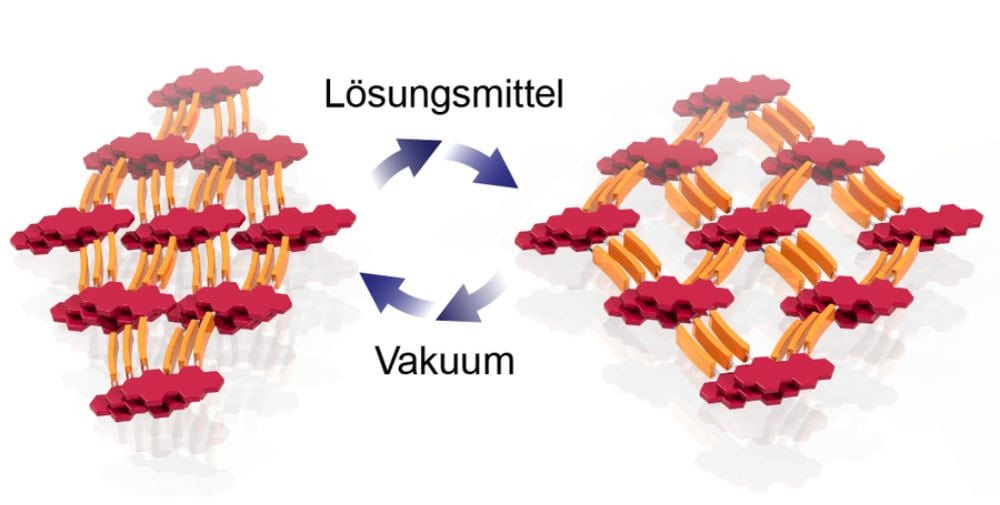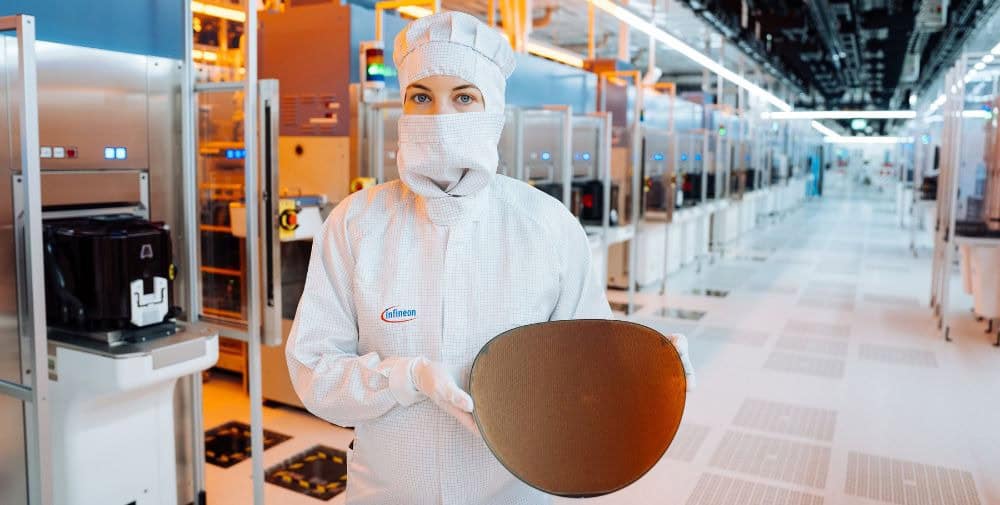
Porous covalent organic frameworks (COFs) are a class of highly structured, porous materials that consist of organic molecules linked by covalent bonds to form a network. They enable the production of functional materials with molecular precision. Similar to metal organic frameworks (MOFs), which were discovered around 25 years ago and have now reached market maturity, COFs are characterized by promising structural, optical and electronic properties for numerous applications, for example in gas and liquid storage, catalysis, sensor technology and energy applications.
Previous research on COFs has generally focused on the creation of rigid frameworks with static material properties. Dr. Florian Auras and his team at the Chair of Molecular Functional Materials at TU Dresden have now developed the first design strategy for dynamic two-dimensional COFs that can open and close their pores gradually and in a controlled manner, similar to a sponge. “The main aim of the study was to equip these networks, which are normally very precisely ordered but rigid, with exactly the right degree of flexibility so that their structure can be switched from compact to porous. By adding solvent that penetrates the network, we can now temporarily and reversibly change the local geometry and also optical properties such as color or fluorescence,” says Florian Auras, explaining his research approach.
The ability to switch the structural and optoelectronic properties of the materials back and forth in a targeted manner makes the materials particularly interesting for future applications in electronics and information technology. “Our research result forms the basis for our further research into switchable polymers, particularly with the aim of realizing switchable quantum states. When working on COFs, I am always fascinated by how precisely their properties can be controlled by controlling the molecular structure,” adds Auras.
Original publication
Auras, Florian, Ascherl, Laura, Bon, Volodymyr et al. Dynamic two-dimensional covalent organic frameworks. Nat Chem (2024). https://doi.org/10.1038/s41557-024-01527-8
Contact
Dr. Florian Auras
Group Leader
Professorship of Molecular Functional Materials
TU Dresden
Tel. +49 351-463 41233
Email: florian.auras@tu-dresden.de
– – – – –
Further links
👉 www.tu-dresden.de
Photo: Dr. Florian Auras




